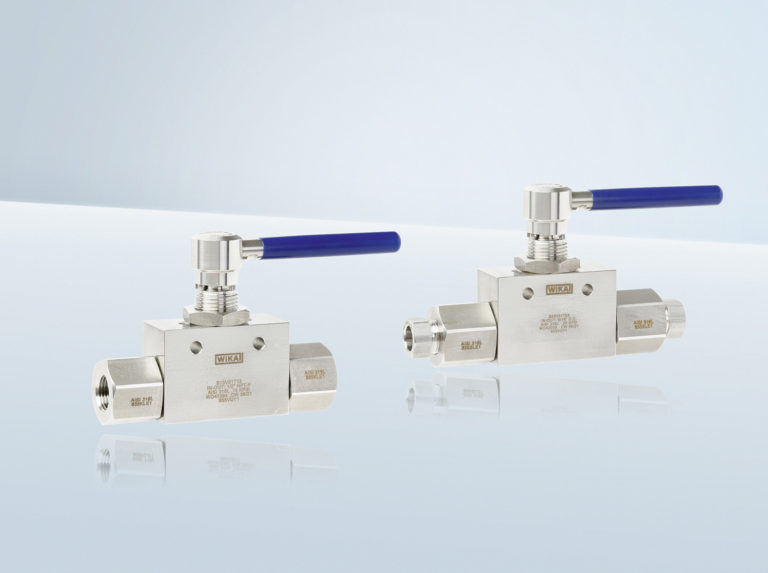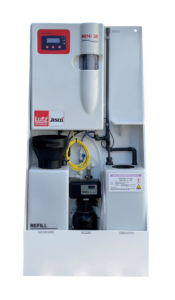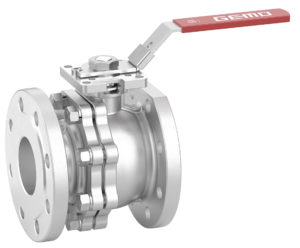New Ball Valve: Safety in High-Pressure Applications

The new model HPBV ball valve. (Image source: WIKA Alexander Wiegand SE & Co. KG)
The model HPBV is available with various bores and enables bidirectional flow. Its robust design, with floating ball, blow-out proof valve spindle and high-quality PTFE sealing packing, offers maximum safety and a long service life for the instrument. A valve seat made of PEEK withstands chemicals, heat and wear.
Two connection types are available for the new valve: NPT and cone/thread (for nominal pressure 20,000 psi/1,379 bar). Operation is smooth, even under high loads - the ball valve can be closed and opened with just a quarter turn. In addition to the standard version, there is an optional oil- and grease-free variant for oxygen applications in accordance with ASTM G93 Level C.
For the model HPBV, WIKA offers an application-specific assembly with a high-pressure gauge. Such an instrument hook-up is delivered ready-to-install and leak tested.






